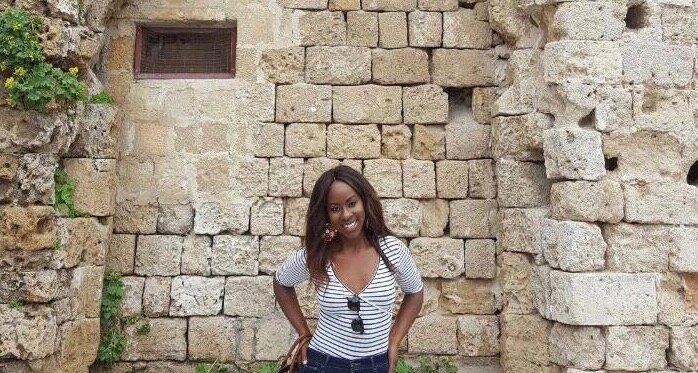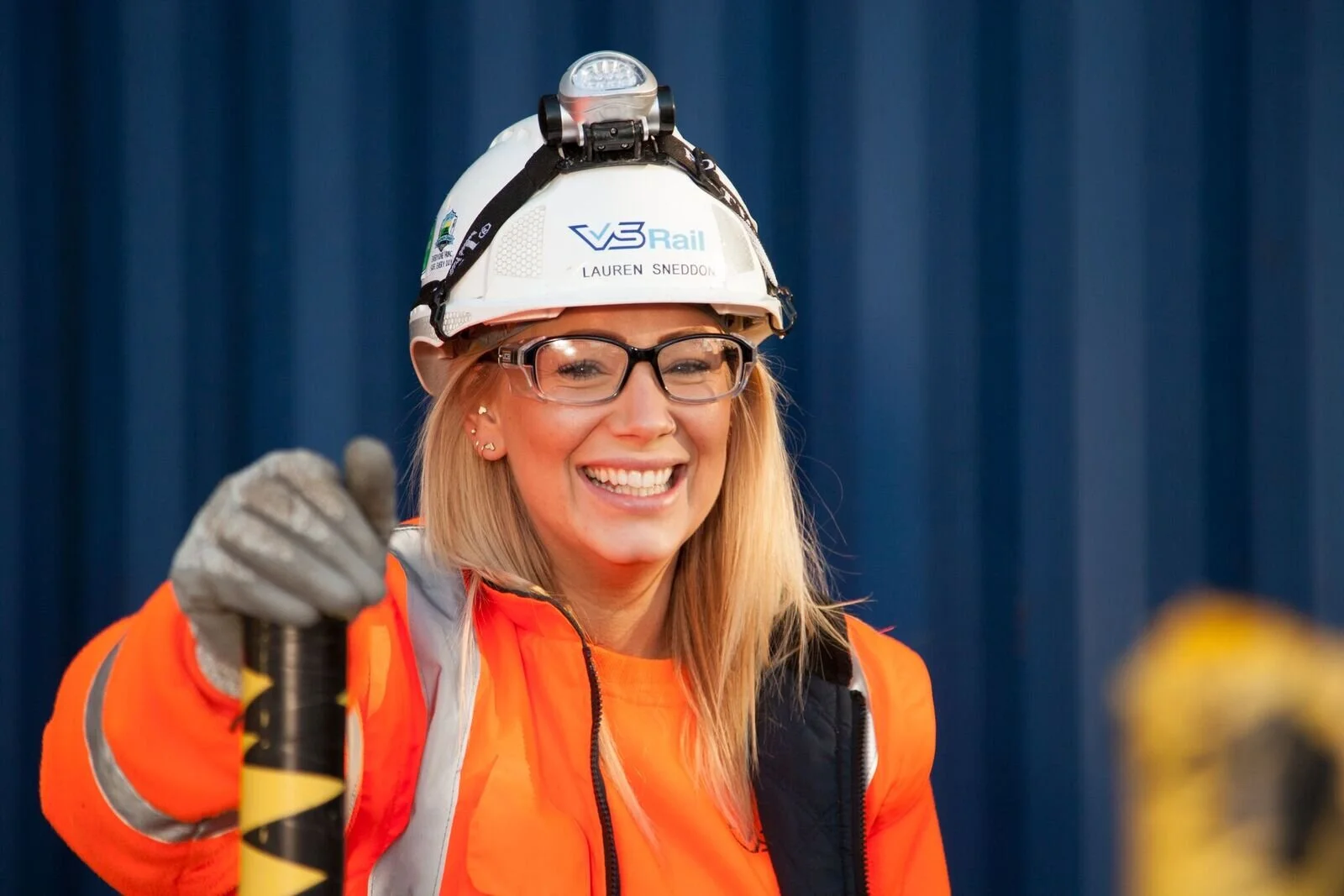In conversation with Nana Mensah
“Consulting can provide a safer avenue to first explore different competencies and interests.”
- Nana Mensah
This month we are talking to women who work in consulting, we have a series of intriguing interviews with inspiring women currently working in the sector.
Image: Nana Mensah
Nana grew up in Kumasi, Ghana and moved to the US at the age of 18 to attend university. After completing her Finance degree, she joined a challenger bank which was focused on redefining the lending process for small businesses first as a Relationship Manager and then as a Underwriter.
Nana moved to the UK in 2016 and completed her MSc degree in Management at Imperial College Business School. She joined EY through the graduate consulting program and left this March after two and a half-years at the firm.
What types of consulting projects have you worked on?
The consulting projects I worked on were largely in line with my team’s competency, Operations and Project Management. Projects range from assessing existing processes and suggesting recommendations, to more strategic ones which involve designing new, digitally savvy processes for the future state for clients in Retail, Banking, Insurance and Wealth and Asset Management.
You're probably thinking, hmmm but what does that actually mean? Well for the latter, the client wanted to increase its application processing capability and provide users with an enhanced experience that was fit for the digital era. To do this, we were brought in to assess the current application process. This involved interviewing current members of the client teams, identifying key pain points they experienced and documenting the current processes. Next, we identified areas where non-value add activities could be eliminated, for example activities that could be easily digitised etc. Using this, we designed and documented new future state processes across the short, medium- and long-term that could be implemented to achieve new efficiencies and achieve the outlined strategic goals.
What does an average working day look like?
An average working day was really dictated by the project you were on. For instance, my average day whilst on the project described above was manic and filled with long working hours as we had a lot to get done in a matter of a few weeks! Slower paced, longer projects normally equaled more ‘relaxing’ days that were somewhat more predictable. As a consultant, there are also times when you're ‘on the bench’ which means you’re not on a chargeable project. During these periods you could normally have a bit of ‘down time’ working on any required or self-directed online courses, helping your home team on side projects etc. However, if you got pulled to work on a proposal for a new project you could end up working even longer hours than you would have if you were on a project! Quite ironic eh?
How did you get into consulting?
I got into Consulting through my MSc program at Imperial. This career path was heavily pushed as a lot of consulting companies regularly recruited on campus. I was drawn to the fact that it would allow me to explore different competencies and projects as I still wasn’t sure of what I wanted to do just yet. I attended EY’s on-campus presentation, and I really liked what I heard and got on really well with the recruiter so I decided to apply, and the rest is history!
What do you love about consulting?
The dynamism of working in consulting is something I really enjoyed. I really liked that I got to work on different projects with varying clients that focus on a range of issues. I find that I tend to get a bit bored being stuck on something unendingly, so I liked that there was always something else for you to hop on to eventually.
How is the work-life balance?
Once again this was dependent on the project you were working on. My experience was that I normally worked on a short but intense and demanding project a few times a year which would mean very long hours. This was normally balanced by a few laidback projects which progressed at a comparably slower pace save for longer days when there were pressing deadlines. But this isn't the case for everyone. For instance, I have a friend who worked on a demanding project in Bristol and lived out of hotels for months on end, travelling back and forth from London. This lasted for almost a year. As such, work life balance is honestly a very mixed bag.
What is the biggest misconception about consulting?
This is a tough one. Personally, I thought a consulting career meant working on exciting, technology focused projects all the time. I definitely think that the recruitment team oversold this aspect a bit! The reality is that while those projects existed, the opportunity to work on them was actually few and far between in my experience.
Would you recommend consulting to a young person, and why?
I would definitely recommend consulting to any young person, particularly one that is still unsure of what they would like to do. Instead of jumping into a field they may be unsure of straight away, consulting can provide a safer avenue to first explore different competencies and interests which will then allow you to later make an informed decision on what you want to do. Even if the consulting experience isn’t to your liking, you will still leave with a desirable skillset that will lend itself well to a lot of different career paths.
What do consulting firms look for when recruiting candidates?
I’ll focus on the graduate programs here. The great news is that firms like EY are increasingly eliminating barriers to entry like requiring specific degrees from particular universities etc. As such, I recommend that anyone that is interested should really take the leap and apply!
However, to succeed in the process, you have to first pass the math and English aptitude tests and I think this is something that can be taken for granted. I can’t stress enough the importance of dedicating ample time to brush up on this using the variety of resources available online.
It is also really important to research the company and understand their mission, values, ways of working and then relate it back to yourself. This will shine through in your interview responses and is an easy way to set yourself apart from other candidates. And of course, it never hurts to try and talk to current employees or search the various job boards to understand the types of questions asked to make sure you have covered all the bases in your preparation.
For more resources click here to discover all about the Women In Consulting (WIC) organisation. It is a dynamic organisation of seasoned professional consultants in a broad range of more than 30 specialties, ranging from engineering to financial advising and marketing to web design.
WIC was established in 1998 as a collaborative community to help foster successful consulting practices and to build stronger businesses. They provide education and enable the sharing of best practices, resources and expertise.




